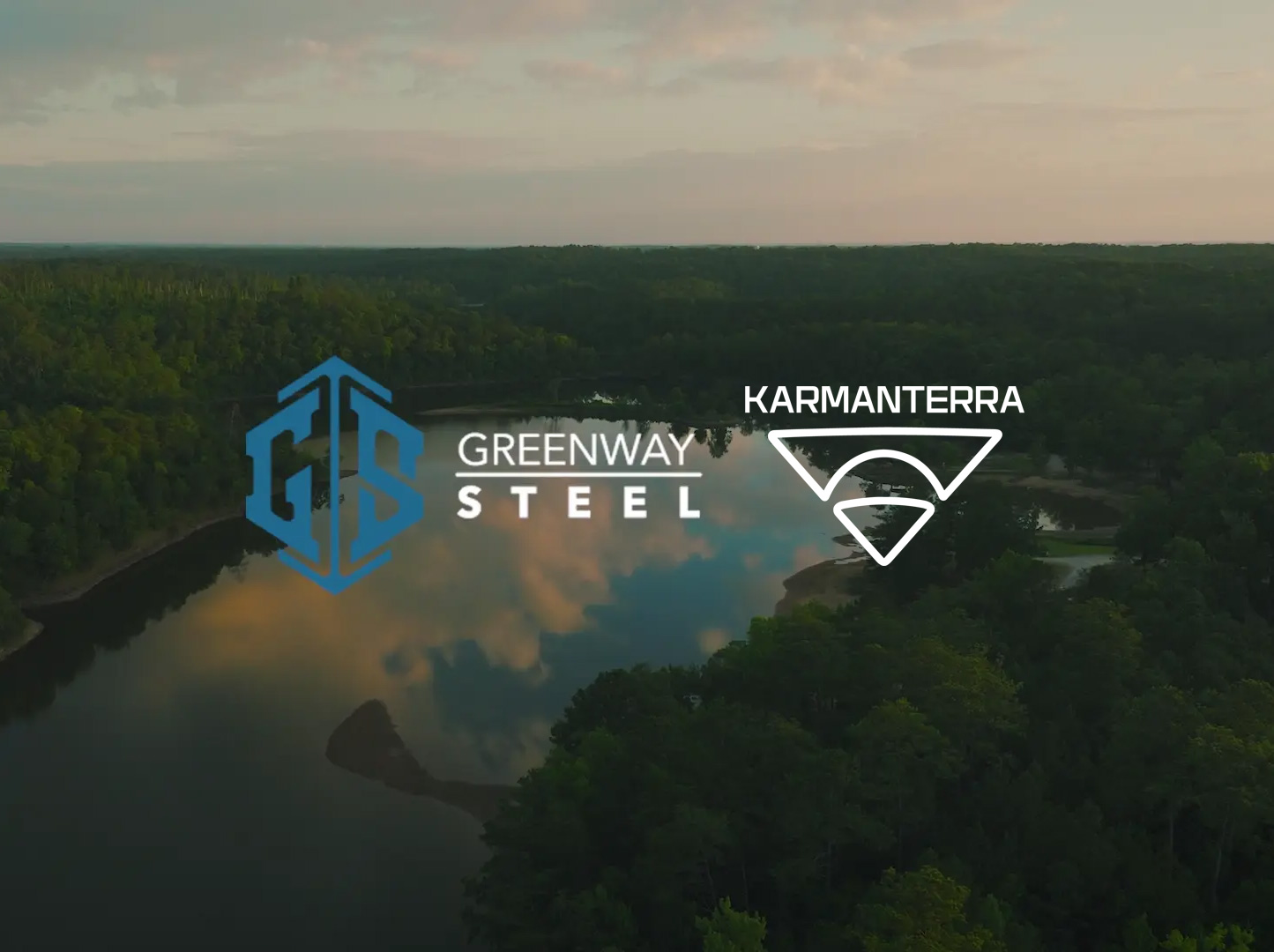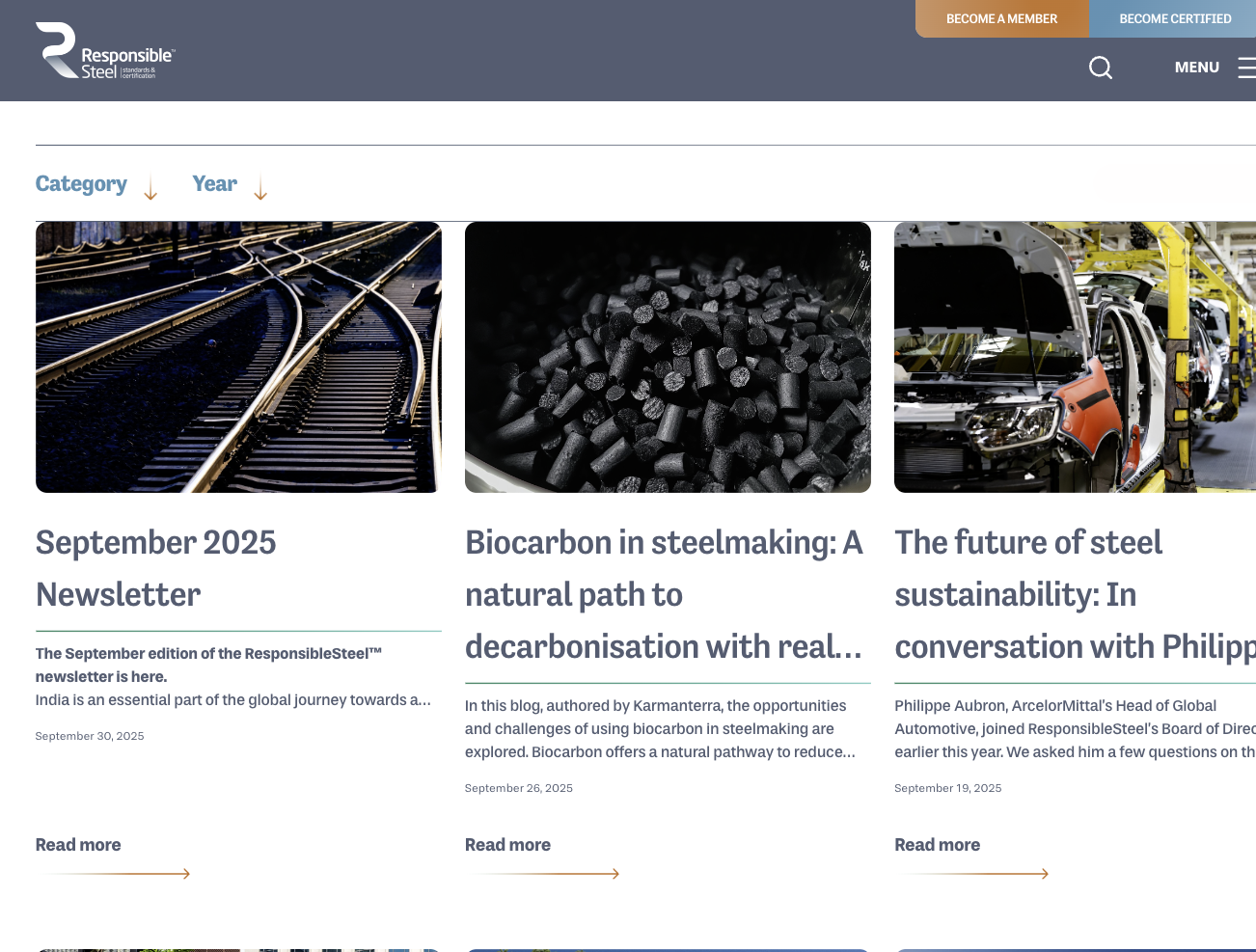The global steel industry faces immense pressure to meet ambitious net-zero emissions targets. With approximately 7% of global CO2 emissions attributed to steel production, finding effective solutions is critical. While emerging technologies like hydrogen-based steelmaking and carbon capture garner significant attention, these innovations often require substantial capital expenditure (CAPEX) and years to implement. Biocarbon, however, offers a practical, scalable, and cost-effective pathway to reduce emissions in steel production today.
Why Biocarbon is Ideal for Hard-to-Abate Industries
Biocarbon, derived from sustainable biomass, acts as a renewable substitute for fossil-based carbon in steelmaking processes. Unlike experimental solutions, biocarbon technology is tested and proven. It can integrate seamlessly into existing blast furnace and electric arc furnace operations without requiring costly retrofits, making it a practical choice for hard-to-abate industries.
For steelmakers striving for immediate reductions in carbon intensity, biocarbon represents a low-risk investment. By leveraging this ready-now solution, companies can make significant progress toward decarbonization while positioning themselves as sustainability leaders in a competitive market.
Scalable and Sustainable: Biocarbon’s Advantages
- Rapid Deployment: Biocarbon’s compatibility with existing steelmaking infrastructure eliminates the need for years of planning and construction. Manufacturers can implement this solution quickly, accelerating their transition to low-carbon operations.
- Sustainable Sourcing: Produced from municipal and forestry waste, biocarbon minimizes the environmental footprint of raw material extraction. Its circular economy approach aligns with the broader sustainability goals of the steel industry.
- Global Scalability: With widespread availability of biomass resources, biocarbon production can scale to meet the demands of global steel conglomerates. This accessibility ensures that steelmakers in various regions can adopt the technology without supply chain constraints.
A Bridge to Net-Zero Steel
While long-term innovations like green hydrogen promise transformative change, biocarbon serves as an essential bridge to achieving net-zero steel. Its immediate impact on reducing carbon emissions supports incremental progress, ensuring steelmakers stay on track to meet climate targets. Moreover, adopting biocarbon today helps build momentum for deeper decarbonization strategies in the future.
Driving the Transition to Green Steel
As the steel industry navigates the path to sustainability, solutions like biocarbon provide a critical advantage: they are available now, require no major CAPEX, and deliver tangible emissions reductions. By embracing biocarbon, steelmakers can lead the way in the green steel revolution while meeting growing demand for low-carbon materials.
Investing in biocarbon today is more than a smart choice for emissions reductions; it’s a step toward a sustainable future for the steel industry and the planet. To learn more about integrating biocarbon into steel production, contact us and explore how this technology can accelerate your path to net-zero emissions.


















